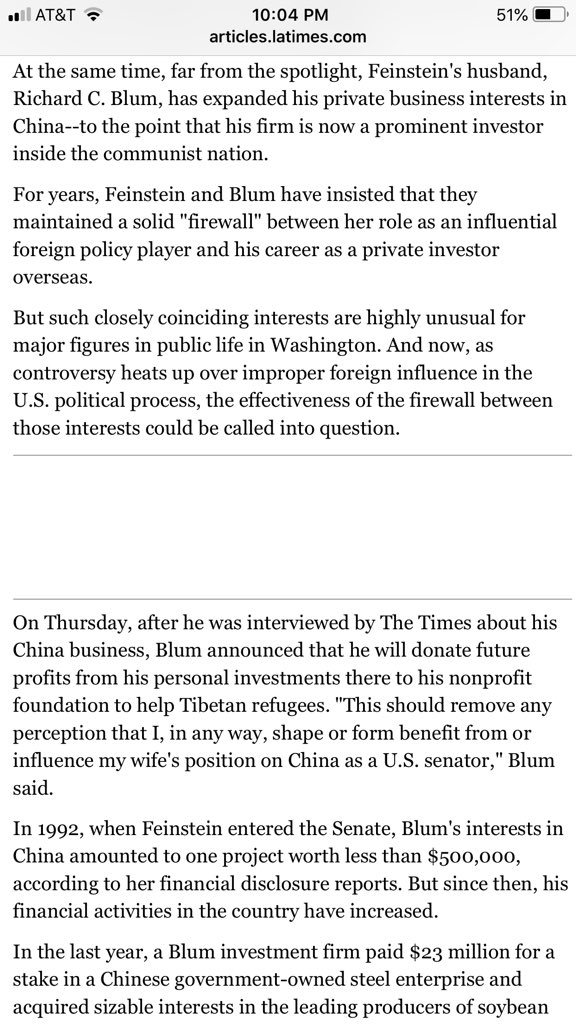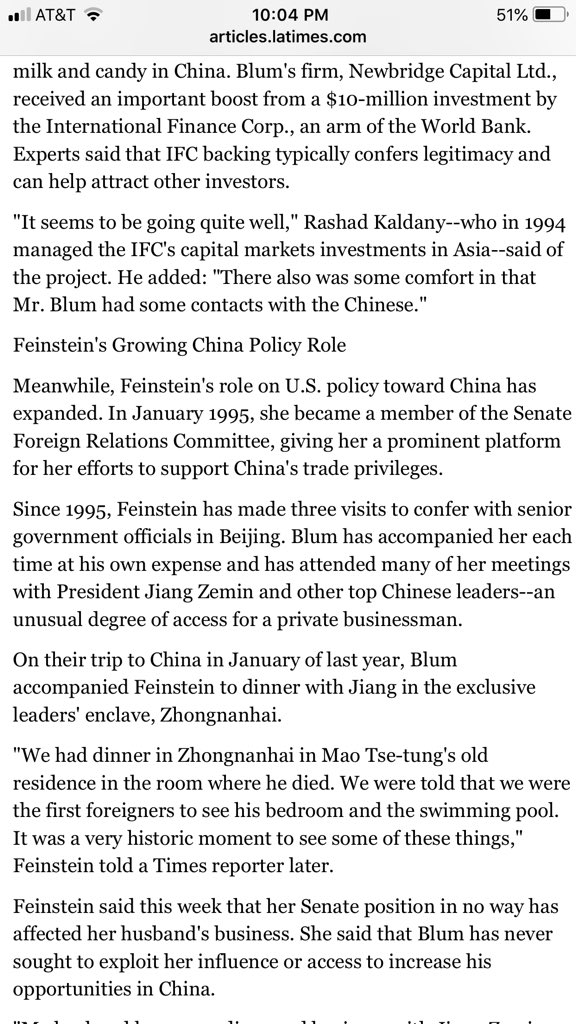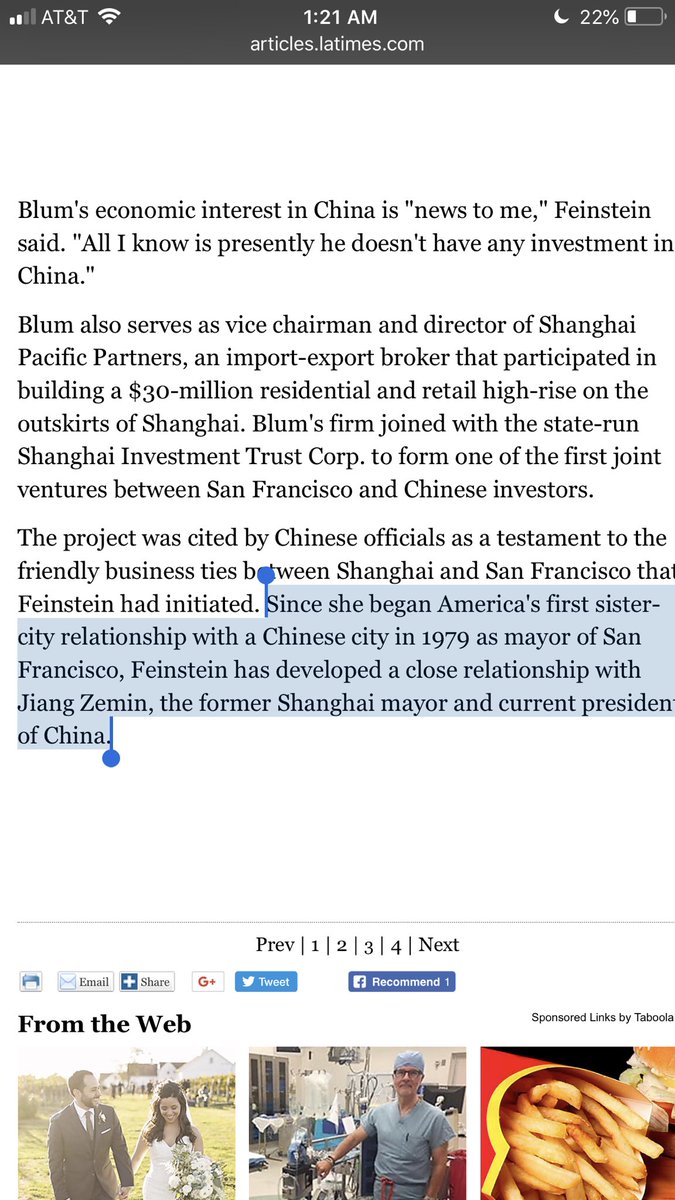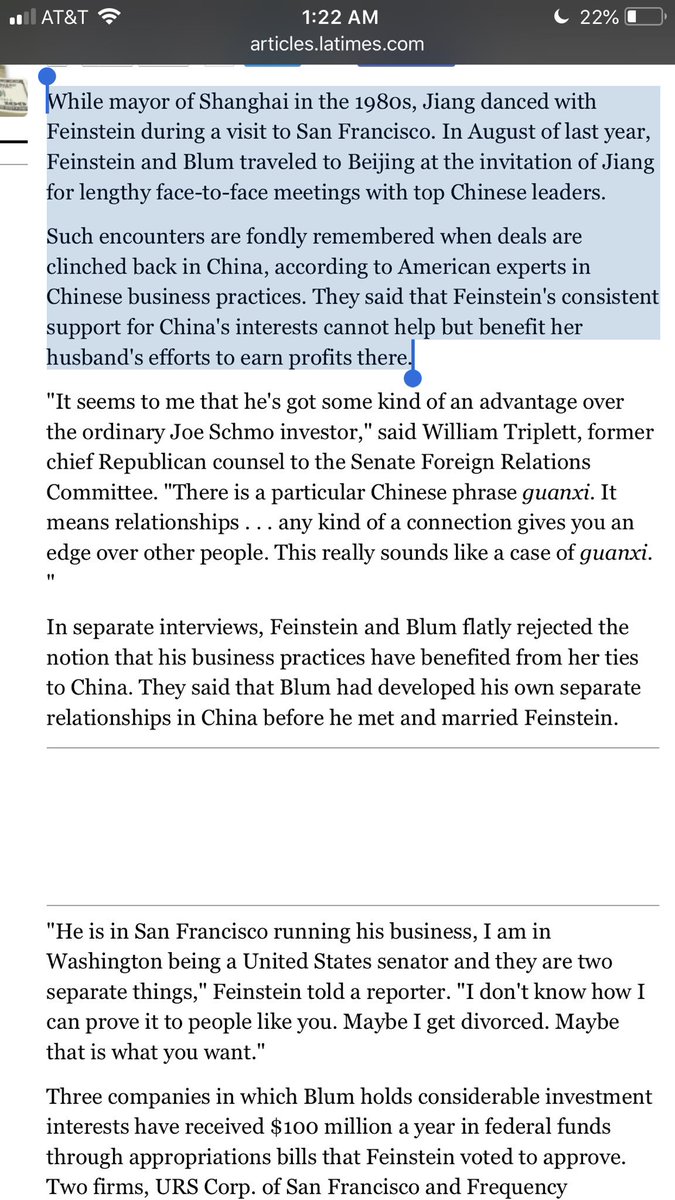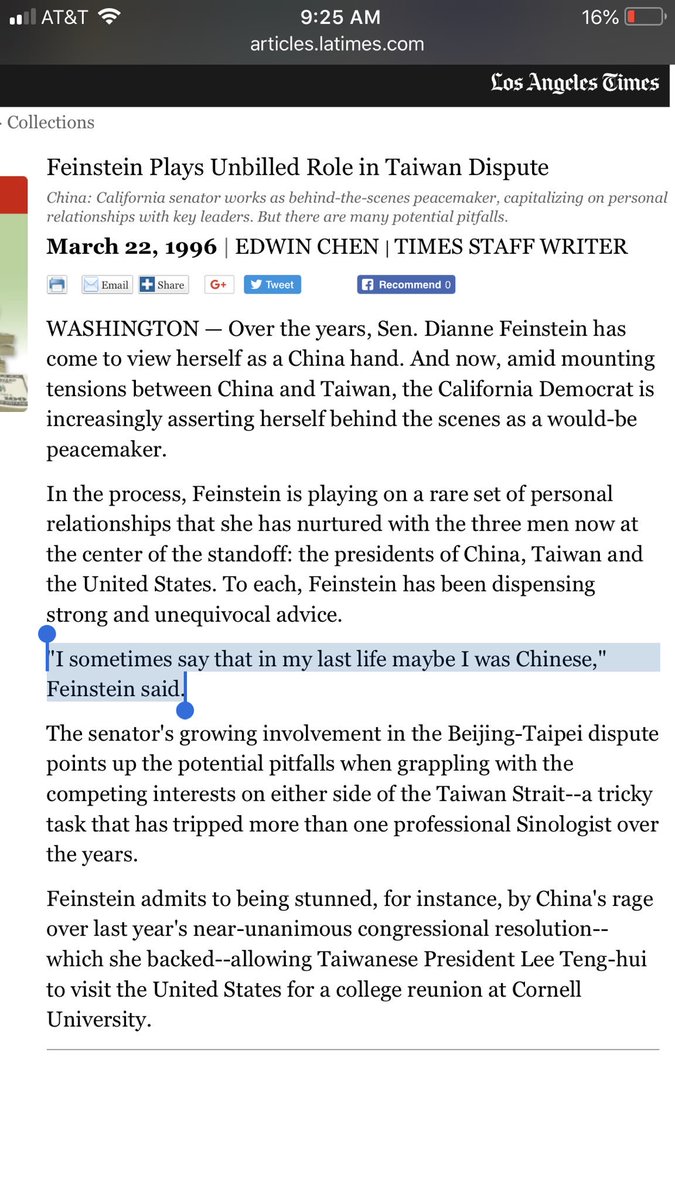The implicit assumption here is that the US has done provocative things and China has done proactive things, therefore there's a spiral. But isn't this view missing something? 1/
I suppose if you think the US should concede to a PRC sphere of influence, you could blame the US.
If you think, as I do, that PRC assertiveness provoked the downturn, you fault Beijing. 10/
Admittedly, that could change. 11/

